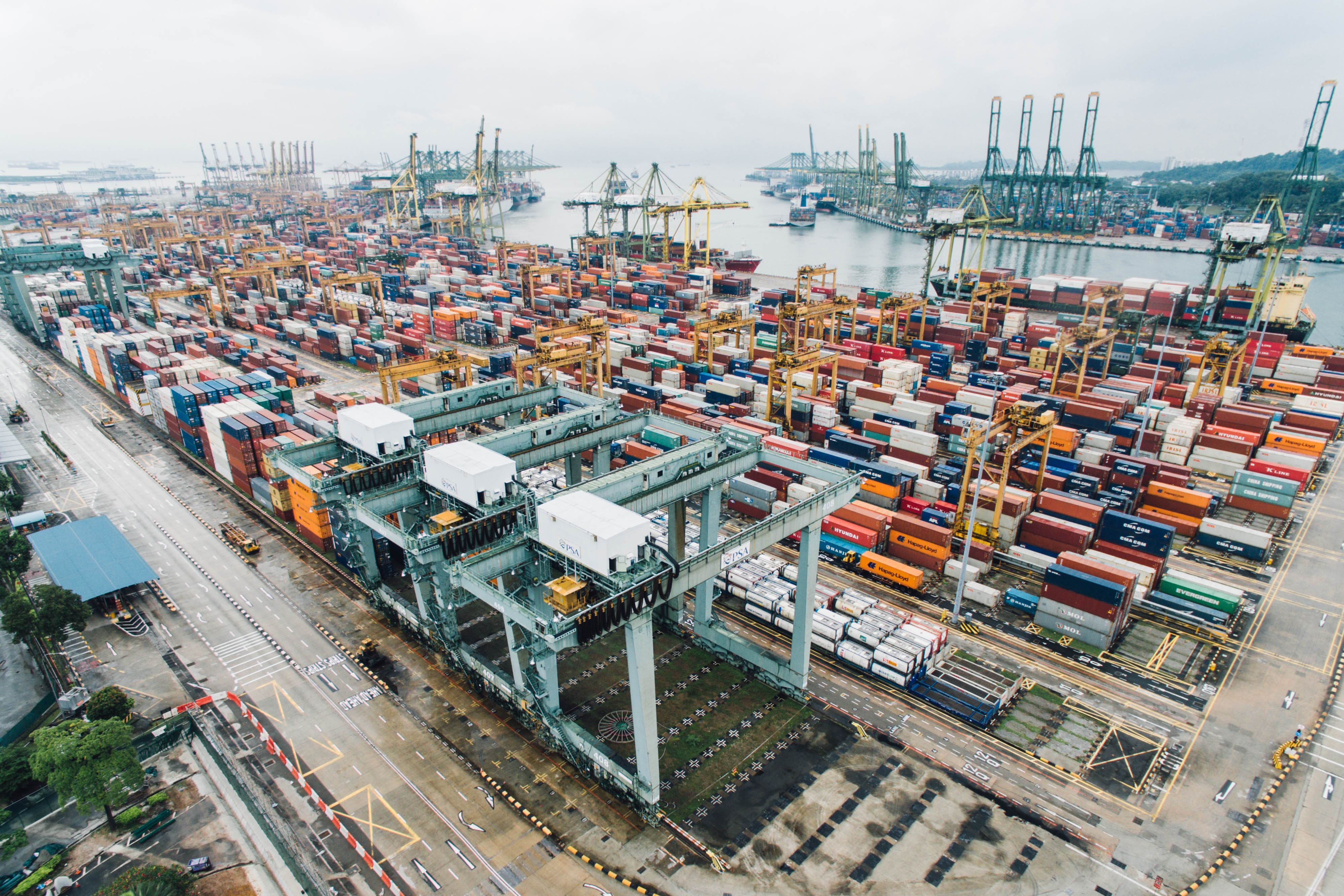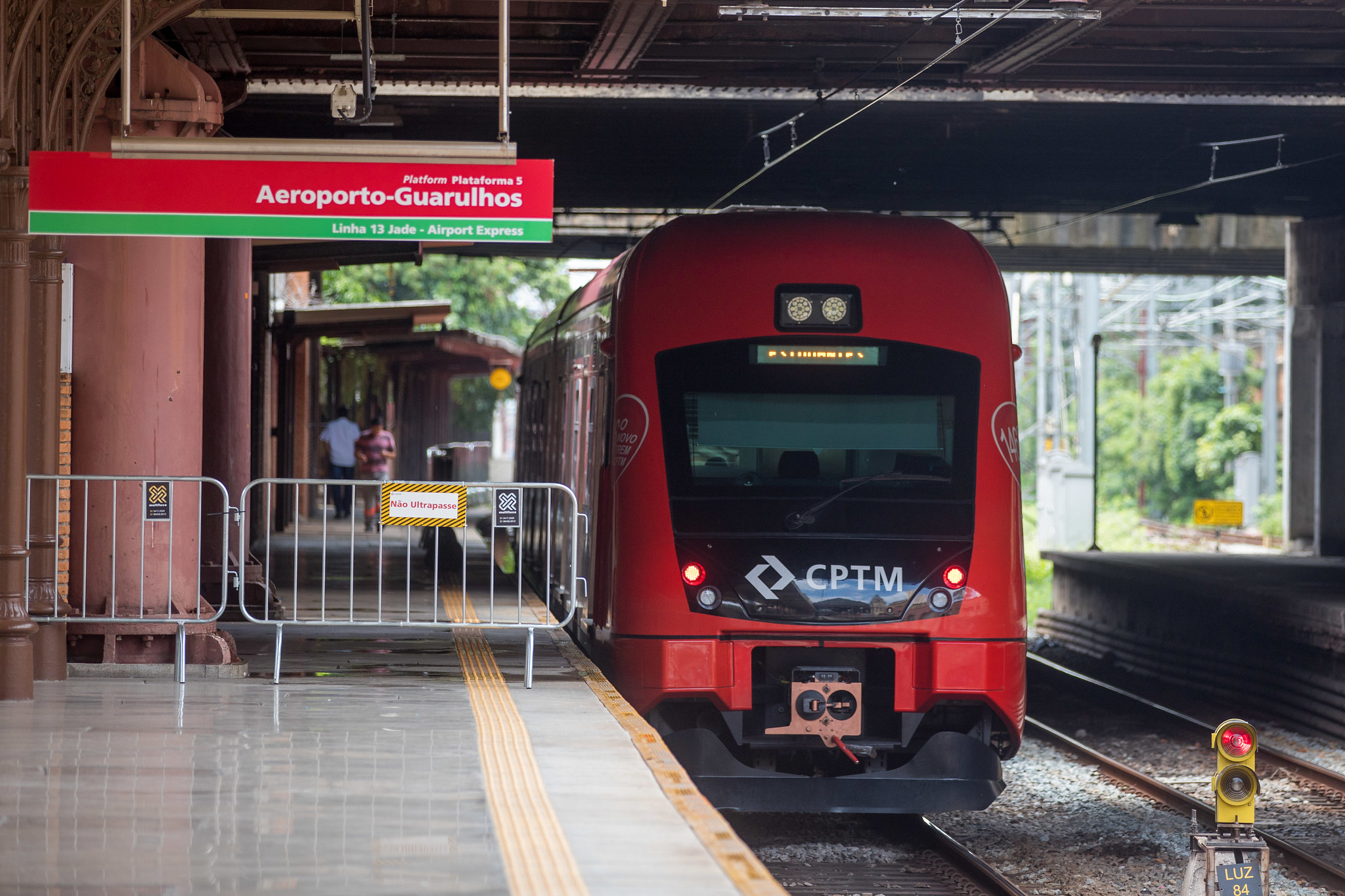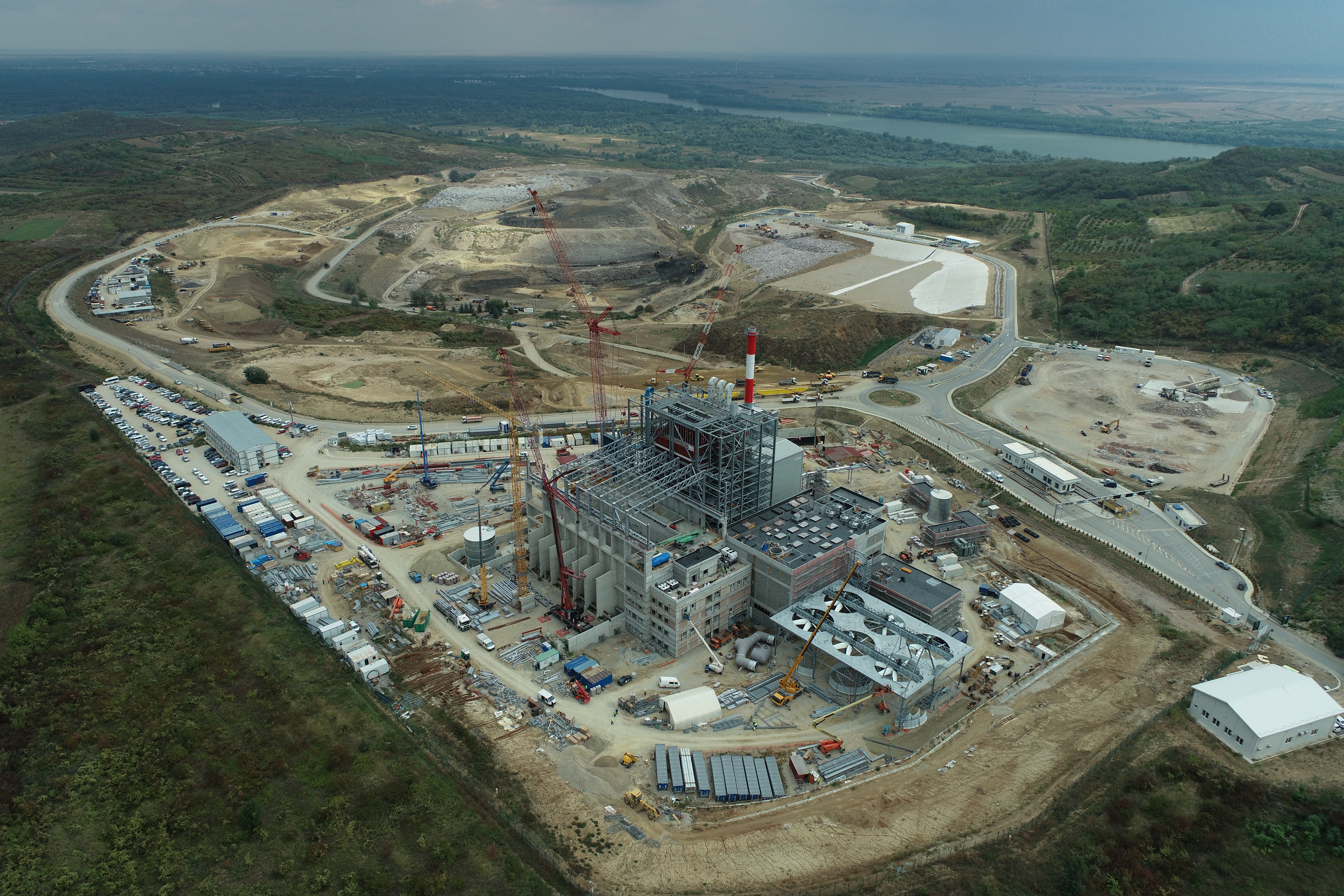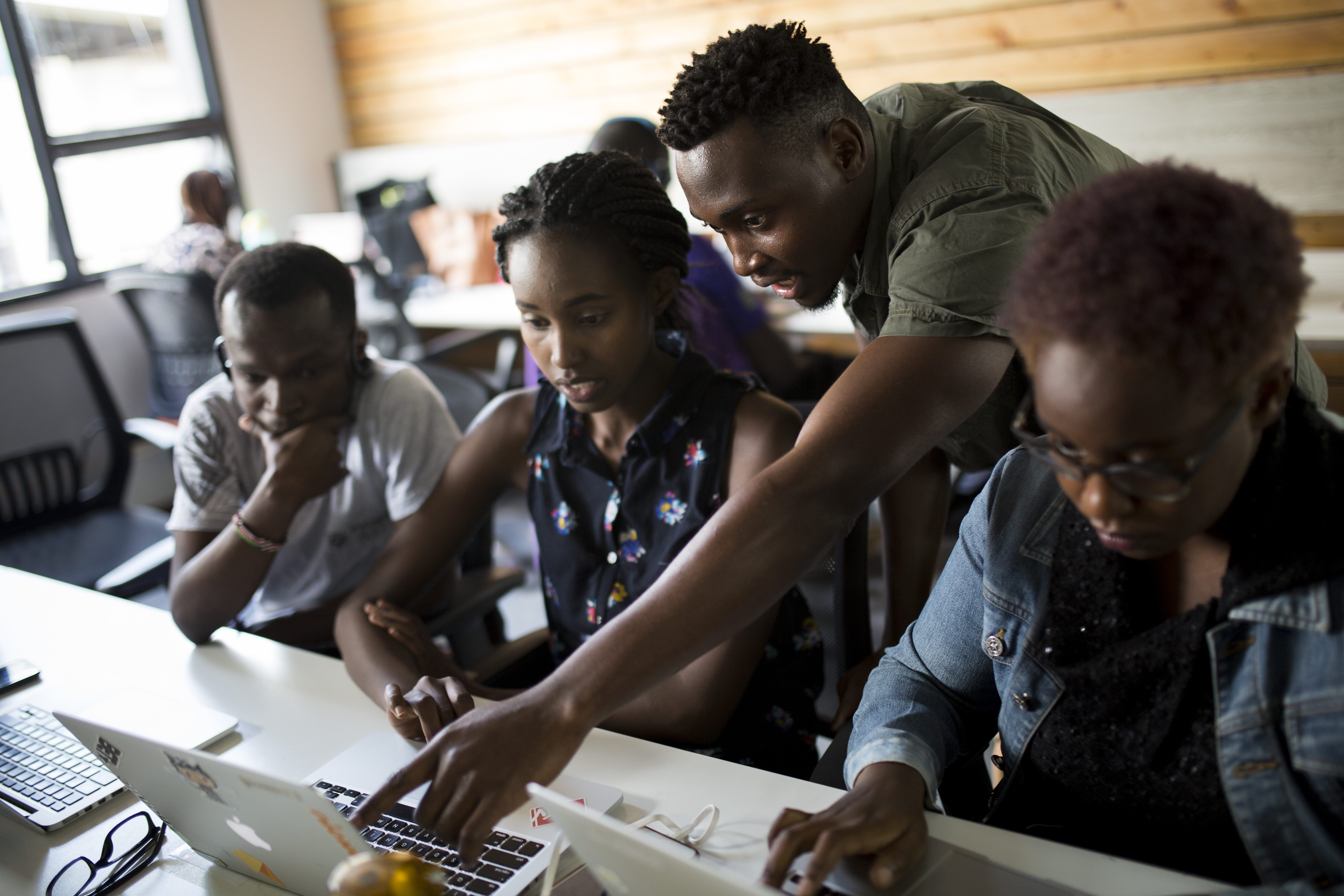Case studies
Filter by
85 results found
Case studies
Globally, Sub-Saharan Africa experiences one of largest energy access gaps.
Electricity reaches only about half of its people, while clean cooking only one-third; roughly 600 million people lack electricity and 890 million cook with traditional fuels.
This has a disruptive impact on social infrastructure such as schools and hospitals which lack reliable electricity.
A clean energy revolution in sub-Saharan Africa is urgently needed to win the fight against energy poverty.
Read time: 2 minutes
Published
27 Oct 2021
Read more


Case studies
Due to decreasing aquifer water level (280 million m3 per year), Veolia Water Technologies (Veolia) partnered with The Nature Conservancy (TNC) and local municipality to propose the establishment of a water fund to finance changes to local water-catchment and uses.
As a result, Livelihoods Funds created a project to support vulnerable farmers in Aguascalientes to invest in drip irrigation equipment to enhance farm resilience.
Changing to a drip irrigation system showed a 50% - 70% decrease in water consumption by farmers. If the 5,000 local family farmers in the water catchment area adopted this system through the new fund, this results in approximately 65% reduction of the annual aquifer deficit.
Read time: 3 minutes
Published
01 Nov 2021
Read more


Case studies
CFA is a 4-year programme funded by the UK Department for Business, Energy & Industrial Strategy (BEIS).
Aims to identify and develop pipelines of bankable climate-related projects that can attract investment at scale from the private sector.
In 2017, Nigeria took part in the inaugural pilot CFA process The CFA initiative has since been extended to Mexico, Colombia, Peru, South Africa & Turkey.
Stakeholders involved
Conceiver: Ian Callaghan Associates
Funder: UK Government (BEIS)
Neutral convener for the CFA process: Nigerian Economic Summit Group
Read time: 2 minutes
Published
01 Nov 2021
Read more


Case studies
Coastline traffic in the State of São Paulo, Brazil, has overwhelmed road capacity. Three highway concession contracts were introduced, using a demand risk sharing mechanism and dynamic user fee model to attract private sector participation.
Read time: 2 minutes
Published
13 Oct 2021
Read more


Case studies
Despite abundant surface freshwater, only 84% of Brazil’s people have access to potable water, and only 50% have access to sewerage. Insufficient public funds and limited use of private capital have resulted in limited progress in improving access to water and sanitation. The Corsan Water Supply, Efficiency, and Resilience Project is leveraging private financing to address losses in water distribution and mitigate climate change risks.
Read time: 3 minutes
Published
05 Oct 2021
Read more


Case studies
A solar leasing project at Singapore's Jurong Port significantly reduced carbon emissions and generated cost savings.
Read time: 2 minutes
Published
20 Sep 2021
Read more


Case studies
Joint European Support for Sustainable Investment in City Areas (JESSICA) is a partnership between the Council of European Development Bank (CEDB) and the European Investment Fund, which has provided EUR2.1b (USD2.5b) in co-investment in circular economy projects since 2015.
The EU JESSICA Urban Development Funds (UDF) contain financial contributions from EU member states, cities, and other public and/or private sources.
These are invested in the form of equity, loans, and guarantees for projects that support sustainable urban development and regeneration in cities.
Read time: 2 minutes
Published
01 Nov 2021
Read more


Case studies
In 2017, amid severe drought, the City of Cape Town, in South Africa was issued its first Green Bond, which was used to invest in projects aligned to city’s sustainability goals to adapt to and mitigate climate change.
The ZAR1 billion Green Bond was used to fund and refinance a number of green projects?in the city including procurement of electric buses; energy efficiency in buildings; water resilience initiatives; sanitation treatment; and the coastal structure protection and rehabilitation.
At the time, Cape Town had the only green bond in the country to be accredited by the Climate Bonds Initiative (CBI) and demonstrated market appetite for green and climate initiatives.
Read time: 3 minutes
Published
01 Nov 2021
Read more


Case studies
The ACGF is an innovative finance facility dedicated to accelerating green infrastructure investment in Southeast Asia with over USD1.4 billion in loans from co-financing partners, under the ASEAN Infrastructure Fund (AIF). The ACGF’s technical assistance supports governments to identify and prepare commercially viable green infrastructure projects while the ACGF loans are utilised to cover upfront capital investment costs.
This two-pronged approach ‘de-risks’ green infrastructure projects, making them more attractive to private capital investors.
Read time: 3 minutes
Published
29 Oct 2021
Read more


Case studies
Pre-COVID-19, two Sao Paulo metro lines carried 1 million passengers daily. A demand sharing mechanism encouraged private sector investment in the concession contract.
Read time: 2 minutes
Published
13 Oct 2021
Read more


Case studies
A green bond issuance by Continuum Wind Energy contributed to the continued growth of India's renewable energy sector.
Read time: 2 minutes
Published
24 Sep 2021
Read more


Case studies
Tel Aviv is Israel’s second-most populous city and its main business, technological, and cultural center. Its population has grown at 2% per year; Israeli population growth is ten times the OECD average.
Read time: 3 minutes
Published
20 Sep 2021
Read more


Case studies
The Indian government has committed to reducing the emissions intensity of its GDP by up to 25% by 2030. Buildings are identified in its nationally determined contributions (NDC) as one of the key levers to achieve this goal.
The World Bank identified India as a prospective case study to carry out a quantitative assessment of the potential impact of the mechanism due to its complex?housing market, economic conditions and Federal structure.
An economic cost-benefit analysis was conducted using the Excellence in Design for Greater Efficiencies (EDGE) green building software and cash flow modelling to assess the potential impact of a USD50m auction on the Indian market.
Read time: 3 minutes
Published
01 Nov 2021
Read more


Case studies
RaiseGreen is a new crowdfunding marketplace/platform for green projects. Individuals, startups, non-profits or even local governments looking to start their own green projects can utilise the platform to create and develop the project, set their own terms, and present their offering on RaiseGreen’s platform for potential investors.
The platform offers a wide variety of replicable, templatised investment opportunities for solar power, affordable housing, EV charging stations, agriculture, water projects, and microgrids.
Read time: 3 minutes
Published
01 Nov 2021
Read more


Published
29 Oct 2021
Read more


Case studies
The Belgrade Waste-to-Energy project is cleaning up one of Europe’s largest uncontrolled landfills and constructing a new, sustainable waste-management complex. It is one of the first large-scale, bankable, private sector waste-to-energy projects in emerging markets. Using a competitive dialogue with five pre-qualified bidders, the City of Belgrade - with the support of IFC acting as a PPP advisor - could offer a bankable DBFO contract bundling the remediation of the landfill (including the management of legacy pollution) with the development of revenue-generating greenfield assets.
Read time: 3 minutes
Published
05 Oct 2021
Read more


Case studies
A bond issuance anchored by IFC allowed Liquid Intelligent Technologies to expand access to broadband internet and digital and cloud services across Africa.
Read time: 2 minutes
Published
23 Sep 2021
Read more


Case studies
The Hudson Yards project is the largest mixed-use private real estate development in the United States by area (28 acres) and is projected to cost USD25 billion upon completion.
Read time: 2 minutes
Published
20 Sep 2021
Read more






















